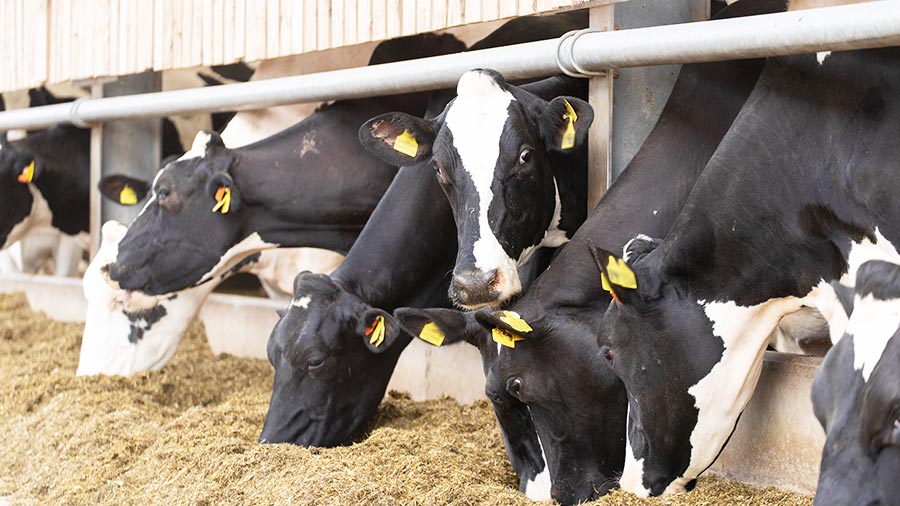Livestock farmers warned of potential explosion of diseases
 © Tim Scrivener
© Tim Scrivener The livestock industry is facing a potential explosion in animal diseases this spring and summer, with cases of bluetongue and Schmallenberg virus expected to spike in the warmer weather.
Although they belong to different families, both diseases are transmitted by biting Culicoides midges, which carry the infection and are blown over the English Channel from continental Europe.
Speaking at an NFU Council meeting this week, NFU Livestock Board chairman Richard Findlay said farmers in the Netherlands have seen more than 6,000 outbreaks of a new strain of bluetongue virus (BTV-3), with mortality rates in sheep of 35-40%.
See also: Schmallenberg outbreak hits early lambing flocks
Dairy farmers were also witnessing “huge impacts” on cows, including decreased milk yields and reduced fertility.
The Animal and Plant Health Agency (Apha) has registered 55 bluetongue cases across 32 farms in Kent, Norfolk and Suffolk since 11 November 2023.
Temporary control zones are in place in these areas and the movement of animals is being restricted.
Schmallenberg virus is also affecting an increasing number of early lambing sheep flocks across many English counties and in Wales.
Vets fear cases could start to escalate with spring approaching and the prospect of midges thriving in warmer weather.
NFU leaders said there is currently no vaccine available against BTV-3, and although Wageningen University in the Netherlands has identified a vaccine candidate, drug companies are not currently developing one.
“We cannot feel that there will be a vaccine that is going to help us out in the next six months. That’s the harsh reality,” said NFU deputy president Tom Bradshaw.
Mr Findlay added: “With BTV-8, we nipped it in the bud with vaccination, but we are not in that place this time. It’s over here [BTV-3] and we have no vaccination.”
Apha resource challenge
One council delegate asked whether Apha is sufficiently resourced to deal with the worst-case scenario of dealing with multiple disease outbreaks at once, including avian influenza and a possible outbreak of African swine fever.
Mr Bradshaw responded: “We are seeing austerity in action. Apha are doing everything they can within their budget.
“This is now a wider question for government about how they are going to resource Apha to deal with these challenges.
“Where Apha are today, I don’t think they can cope with the scale of the challenge that could be coming down the road, but that’s through no fault of their own.”
